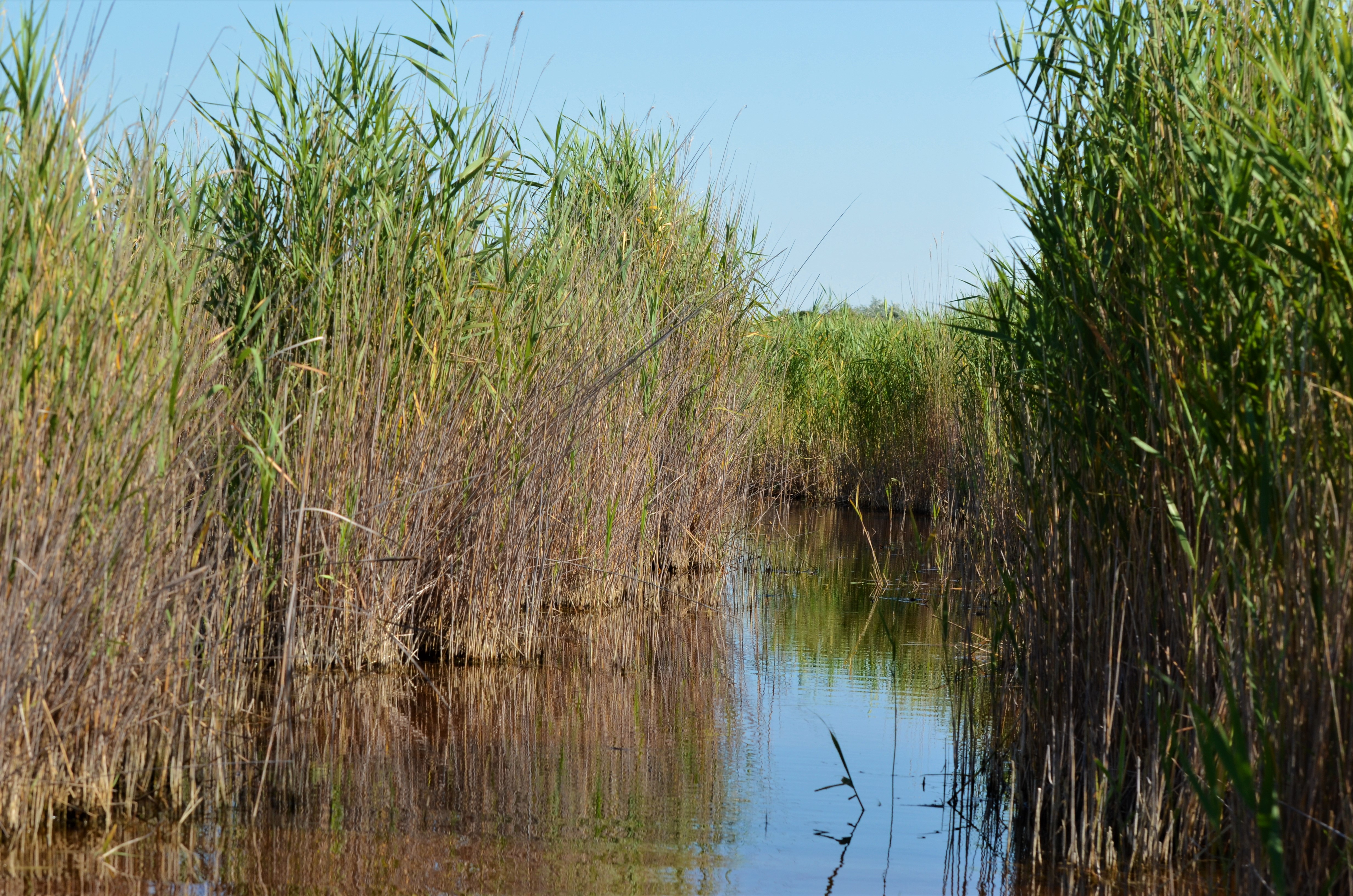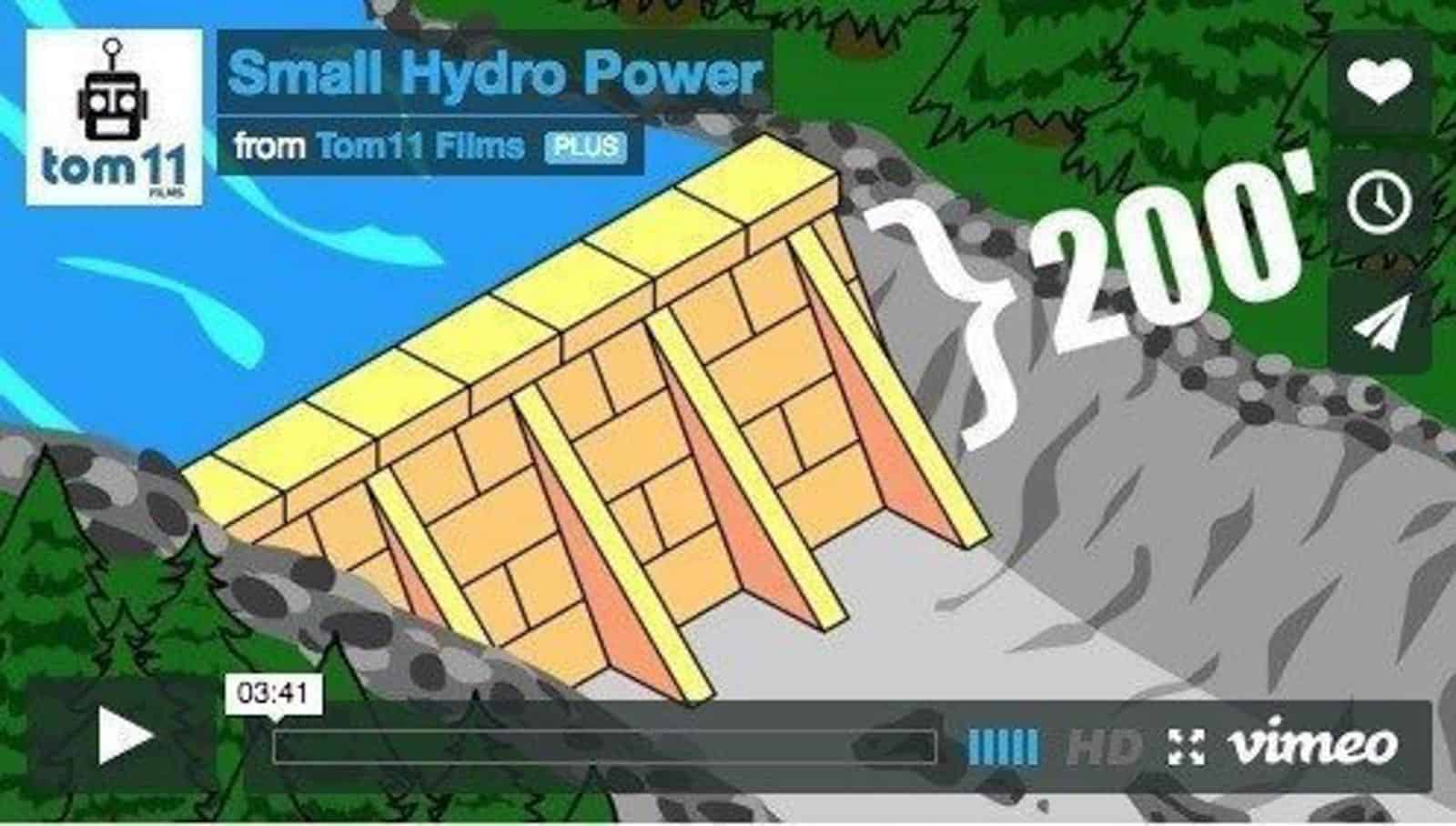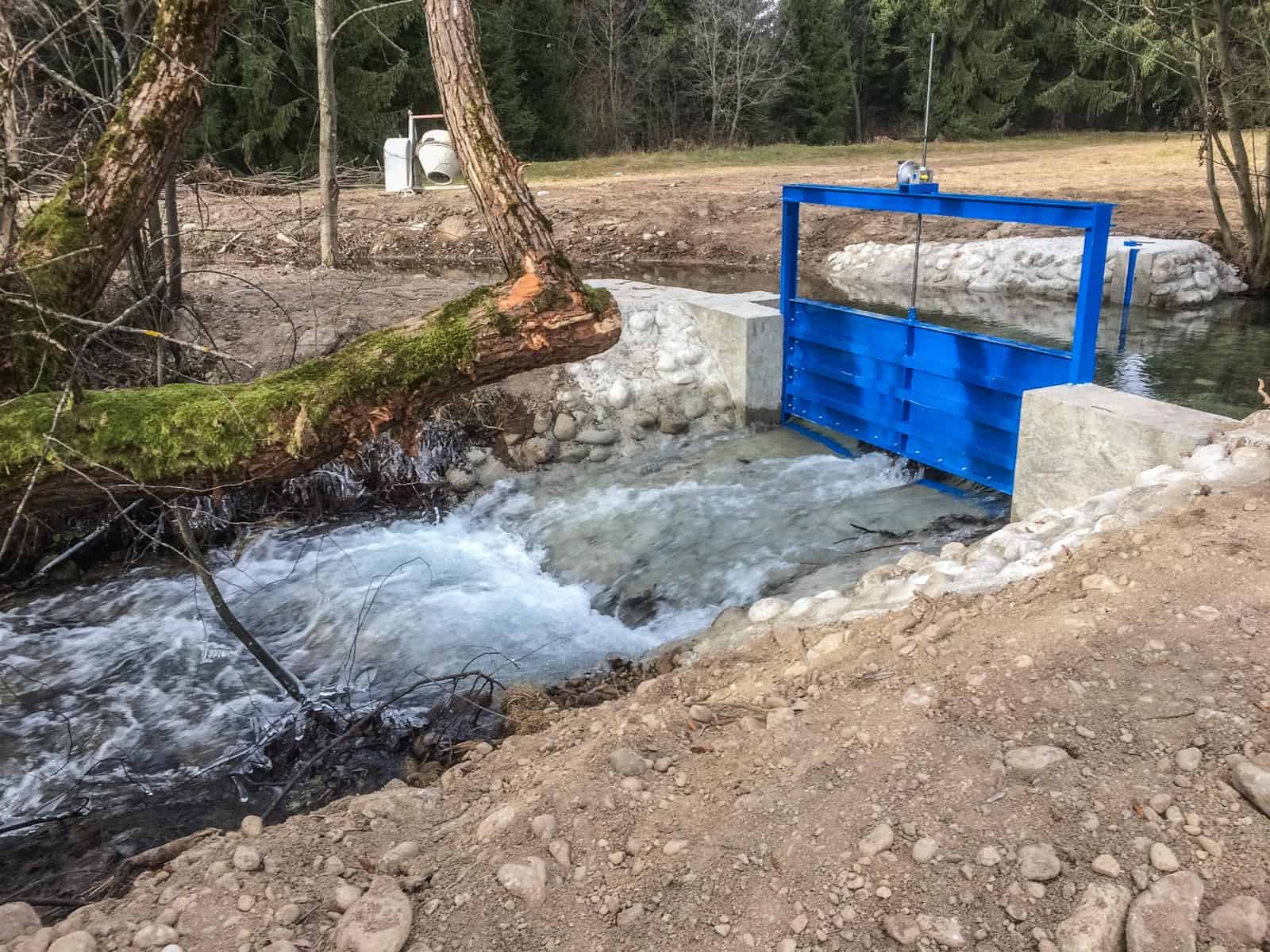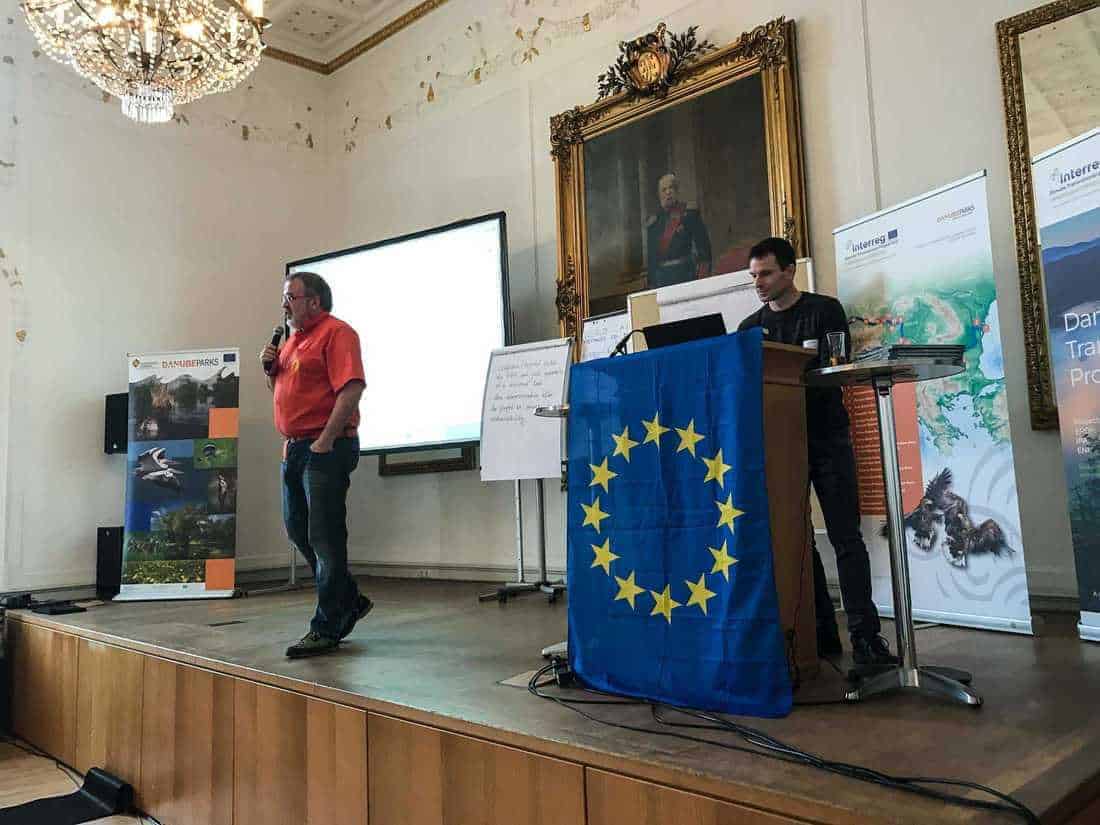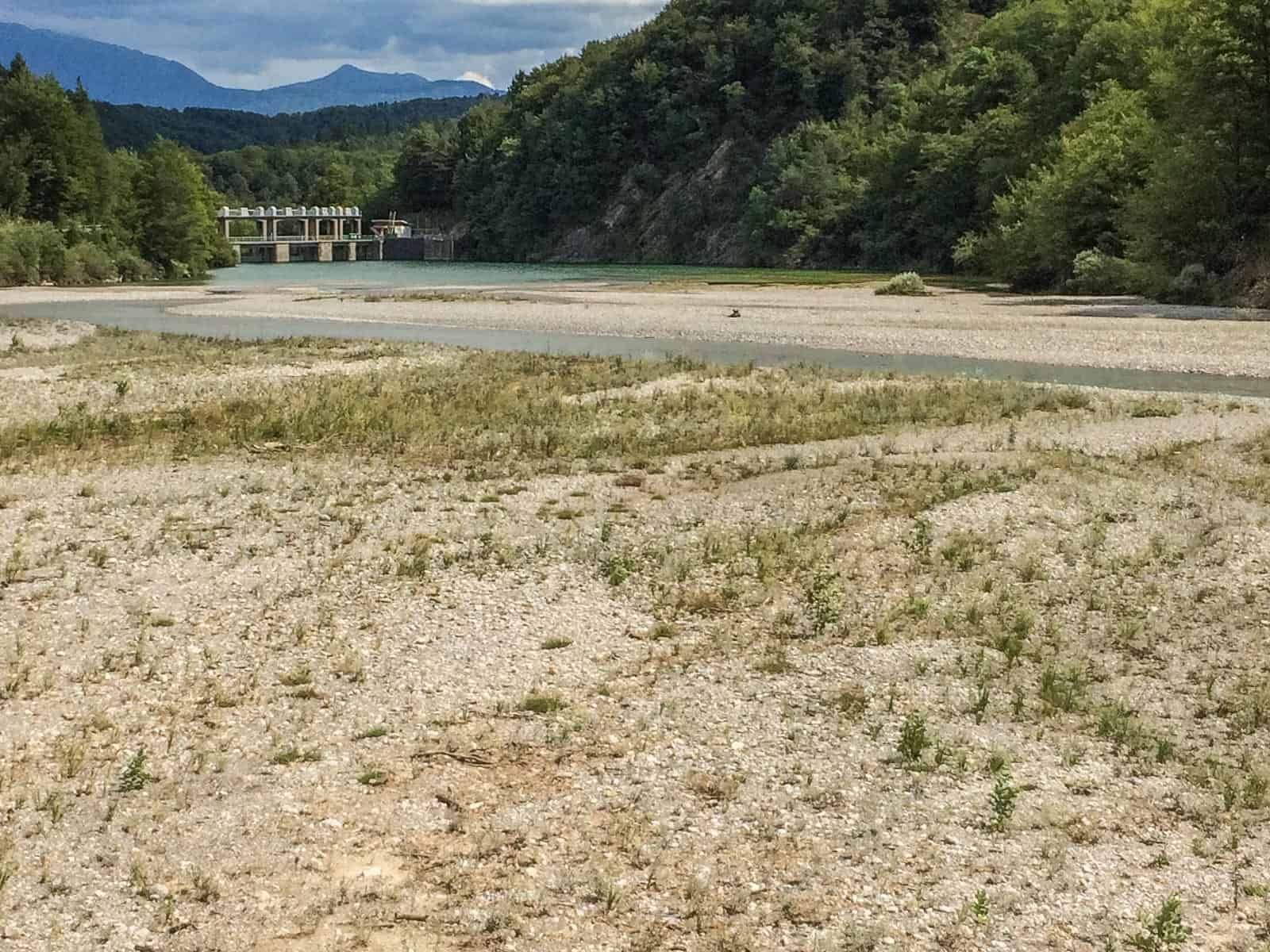ALFAwetlands project advance
ALFAwetlands project is continuously advancing. In recent days, the ALFA team for wetlands made an additional important step to set-up co-creation process. This is part of the solid fundament to successfully implement ALFA wetland project.
Objective of this project aim at improving the geospatial knowledge base on network of Living Laboratories (Living Labs) wetlands stretching all over the Europe. This step is particularly focusing on this network which are the fundamental part of the ALFAwetlands project.
In this step management of the project is focusing an overview of existing methods and tools used to evaluate wetlands. The ultimate goal of this process is to improve the geospatial knowledge base of wetlands.
Benefits of ALFAwetlands co-creation process
ALFAwetlands co-creation process provides information on the objective, background and recommendations for each specific areas involving in this project. These activities focus on how to prepare for the workshops and an overview of the workshop design.
Guidance for setting up local co-creation processes
The document summarizing this process titled “Guidance for setting up local co-creation processes” was develop just several weeks ago. This document provides the framework for how to prepare for the workshops and an overview of the workshop design. The latter will be complemented with detailed descriptions of the workshops and training events.
The document includes also appendix, providing draft version of documents to contact local stakeholders and potential workshop participants.
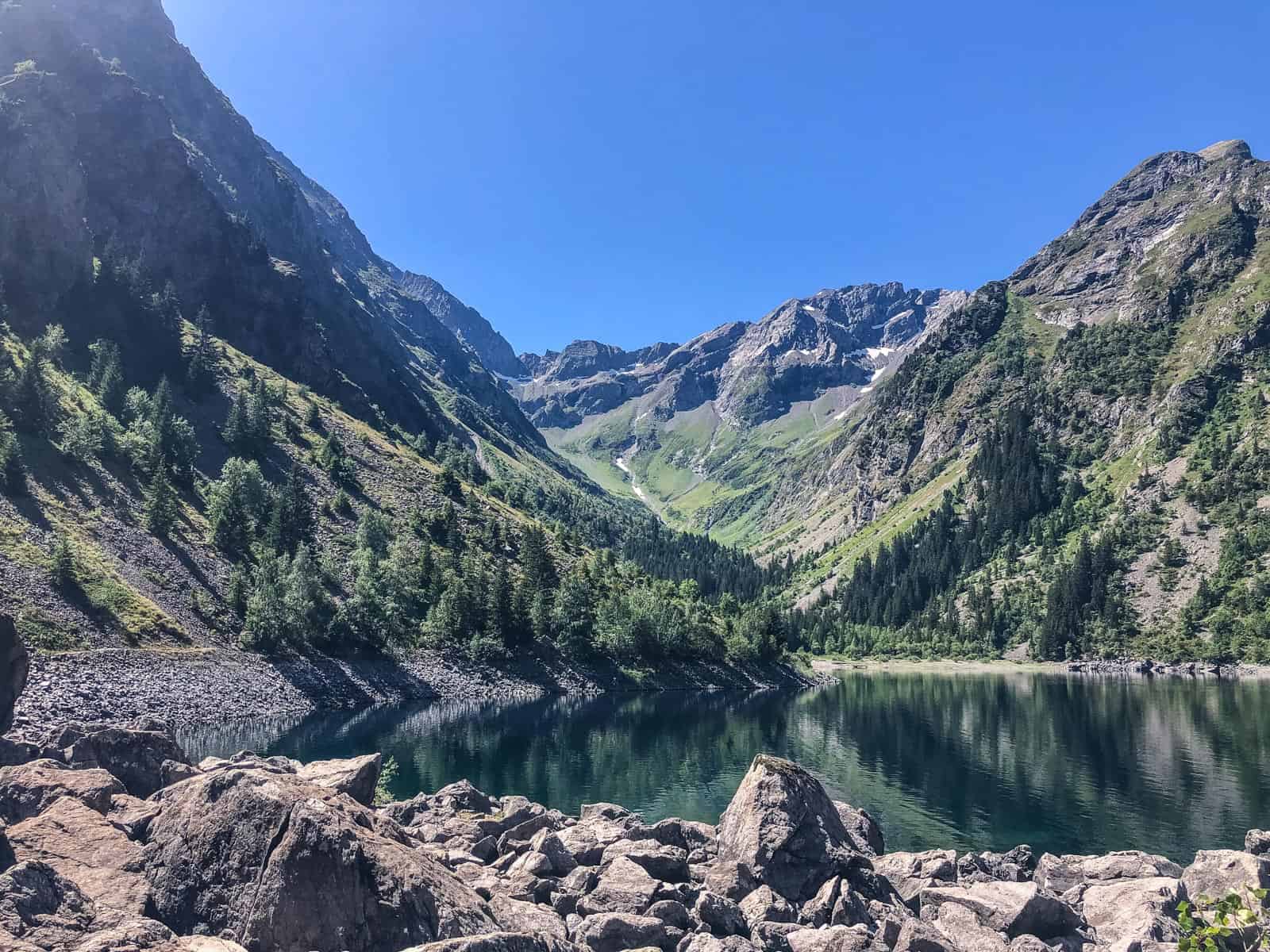
Priority is to strength the capacity
The main aim of this process is to strength the capacity to take action, not to undertake or implement wetland restoration per se. The activity in this process focus to develop, test, evaluate, and refine a multi-step dialogue. This process was designed to help actors build a comprehensive understanding of the social-ecological context around each wetland restoration case.
Beside that also investigate options for different ways of undertaking restoration or management of wetlands (individual or embedded in larger landscapes).
The process will be carried out in a subset of the ALFAwetland Living Labs. The focus is on system context, governance processes, actor positions and learning. Besides that, also on the process designed to empower stakeholders and evoke (perceived) individual and collective effort.
Potential bench-marking reference
Potential bench-marking reference is up to each co-creation site of LL e.g., Öland, Asmonkorpi, Kaigu/Kalna, River Peene Valley and Neusiedler See-Seewinkel. Objective is to decide on a specific problem and questions to focus on.
Important is keep in the mind that certain outcomes (i.e., process/learning outcomes) and the general process design will be streamlined across all Living Labs. Objective of this approach is to allow for comparison at a later stage of the ALFAwetlands project.
Role of the ALFAwetlands project coordinators
The role of the project coordinators is to facilitate the multi-step dialogue process and track process and learning outcomes. As the work is partly exploratory, some details of this process will be worked out in the following steps.
Some areas such as Öland LL are already in the middle of piloting process design on. The more detailed on the workshop designs and evaluation frameworks will be provided later in spring and then further discussed in the following weeks at the workshop during the second consortium meeting.
This process is focusing on the following three main questions:
- How can a social-ecological systems framing change the problem formulation and the perceptions of solutions?
- How does attention to care and emotions (through place-based methods) change the perceptions of other actors and alternative solutions/management options?
- How does scenario work change problem formulation and the perception of solutions? Does a focus on motivation and emotional rationale for different choices help evoke agency?
Each question will be subject of the separate workshop hold by Living Labs partners. They will collect data for the baseline and throughout the workshop series. Several activities complement the workshop such interviews and surveys for evaluation.
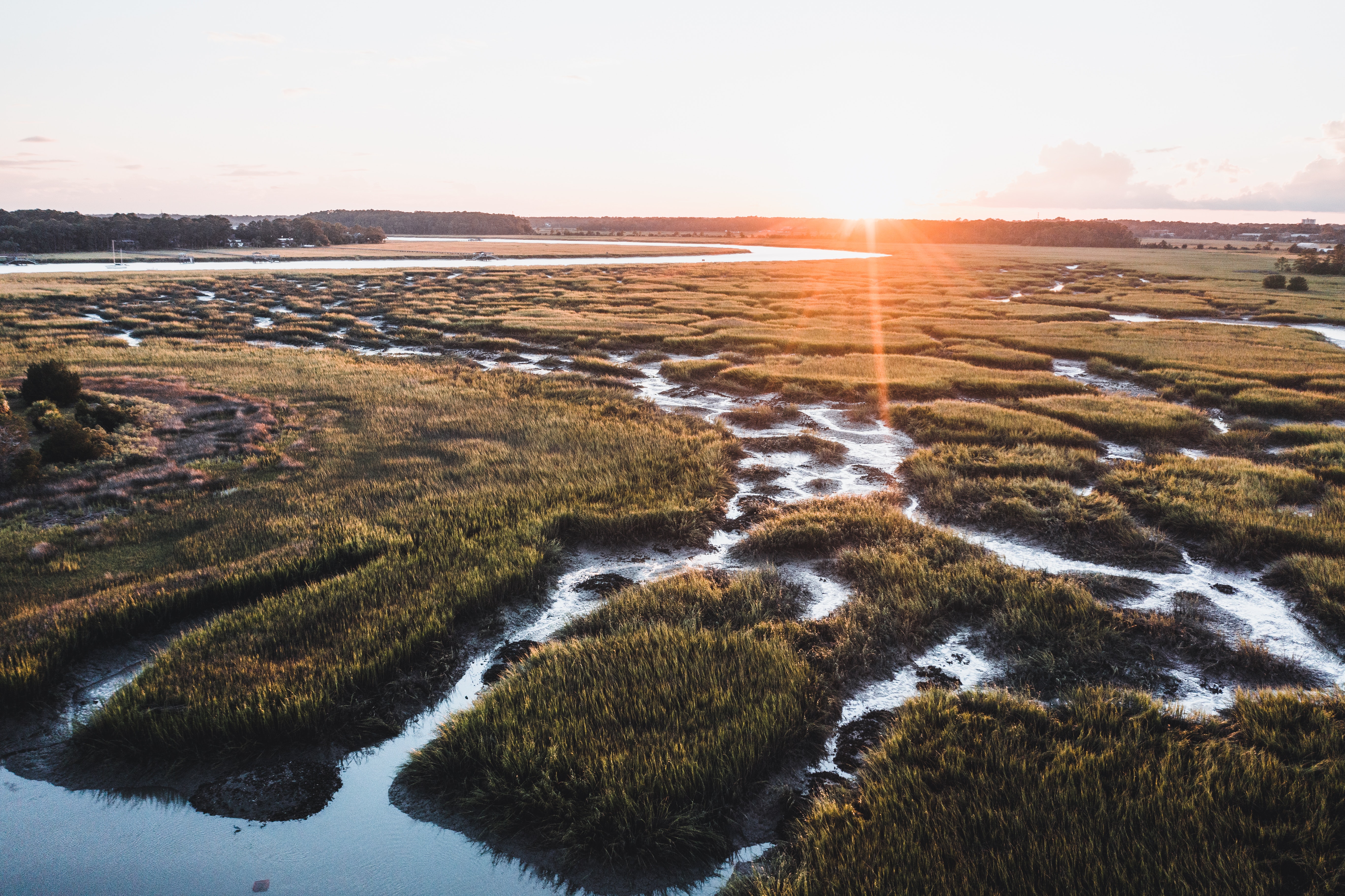
Conclusion
ALFAwetlands co-creation process is a fundamental tool for successful implementation of this project. The process helps to build more complex knowledge base in Living Laboratories involved in this project.
The detailed design of the workshops and strategies for adapting the design, and possibly the sequencing of the workshops, to different LLs is important part of implemenation process. After the end of the workshop series, it will be up to the local actors, participants from the workshops as well as others, to decide on what to do next.

